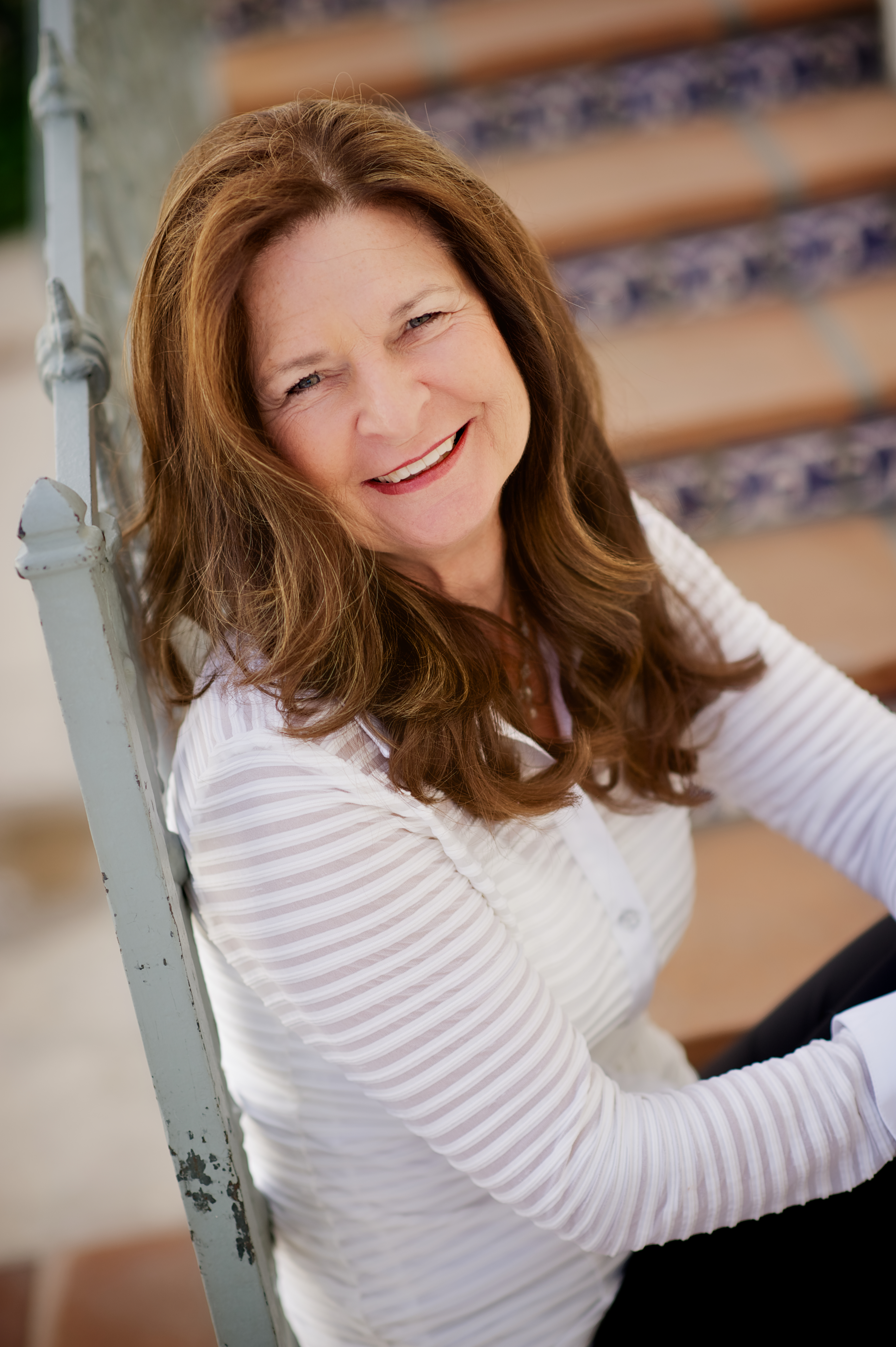Kathy Collard Miller's practical and biblical approach to life encourages me to live according to truth. We see that approach in this Attitude UPGRADE.
“If only I didn't have these problems," Kathy says, "I could be the peaceful person God wants me to  be.”
be.”
Oh, yes. I (Dawn) have succumbed to "if only" thinking. Haven't you? The problem is, it is counterproductive. It never leads to contentment!
Kathy continues ...
I really did think that the only way I could be content with life, people, even myself, was to be free from problems. So my thoughts often rehearsed:
- If my husband would just not work so many hours, I could be content.
- If my toddler would obey, I could be content.
- If no one would interrupt my schedule, I could be content.
But Paul's words counteract that:
“Not that I am speaking of being in need, for I have learned in whatever situation I am to be content. I know how to be brought low, and I know how to abound. In any and every circumstance, I have learned the secret of facing plenty and hunger, abundance and need. I can do all things through him who strengthens me" (Philippians 4:11-13 ESV).
It wasn't until I let God work those truths in me that I grew contented.
Here's how:
1. Contentment is a choice. Paul said he “learned” contentment. That indicates a thoughtful involvement through a change of heart.
When I was discontented, I thought “peace” was something that happened to me, rather than something I chose. Taking responsibility for my choices began a huge difference in me.
2. Contentment is not dependent on others. Paul doesn't even mention other people. He uses “I.”
We know that the Apostle Paul had lots of interactions with people who didn't cooperate with him and even tried to ruin his ministry. He was beaten, imprisoned, misunderstood, slandered, and many other very hurtful things. Yet he didn't blame those things or people.
Unfortunately, I didn't learn that quickly and my discontent birthed anger, depression, and bitterness because people weren't cooperating with my needs. But finally, I realized that contentment comes from knowing I can't change anyone else, only myself. Only God can change others.
3. Contentment comes from trusting God. Although Paul's words don't specifically mention trusting God, we know that Paul trusted God. It was that kind of trust that enabled him to surrender to whatever God had for him: plenty, hunger, abundance or need. He believed God loved him and wanted only the best for him.
Basically, discontent is telling God, “You don't know what you're doing. You don't love me. I demand things be different.” I communicated my distrust of God through my demand that (1) my husband meet my needs, (2) my child obey—thus making me look good, and (3) everyone respect my schedule.
But when I truly believed God loved me, that set me free from demanding God do it my way. He knew best!
These three truths began to transform my thinking. I actually did become content. My thoughts became:
- “Even if Larry never changes, I can be the contented woman God wants me to be.”
- “Even if my child disobeys in public, God knows I love her.”
- “Even if people don't respect my schedule, God has a better plan in the interruption.”
Now, many years later, my husband and I just celebrated forty-four years of marriage and we couldn't be happier. My children love me and want to please me. Although my schedule still gets interrupted, God is fulfilling His plan.
It really is possible to be content!
What are your “what ifs” and what truth do you need to believe to become more content?
 Kathy Collard Miller loves to help women trust God more through her 50 books and her speaking in over 30 states and 7 foreign countries. Her
Kathy Collard Miller loves to help women trust God more through her 50 books and her speaking in over 30 states and 7 foreign countries. Her  website/blog is www.KathyCollardMiller.com and you can sign up for her e-newsletter at http://eepurl.com/UpP8n. In January, 2015, Kathy's newest book will be released: Never Ever Be the Same: A New You Starts Today (Leafwood). You can order Kathy's book, Partly Cloudy with Scattered Worries: Finding Peace in All Kinds of Weather at http://bit.ly/1qlceir.
website/blog is www.KathyCollardMiller.com and you can sign up for her e-newsletter at http://eepurl.com/UpP8n. In January, 2015, Kathy's newest book will be released: Never Ever Be the Same: A New You Starts Today (Leafwood). You can order Kathy's book, Partly Cloudy with Scattered Worries: Finding Peace in All Kinds of Weather at http://bit.ly/1qlceir.
Graphic adapted, Image courtesy of David Castillo Dominici / FreeDigitalPhotos.net.